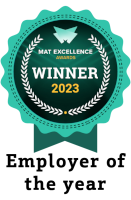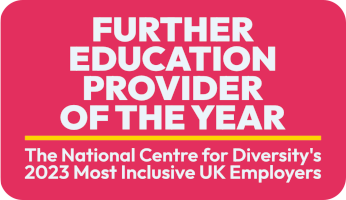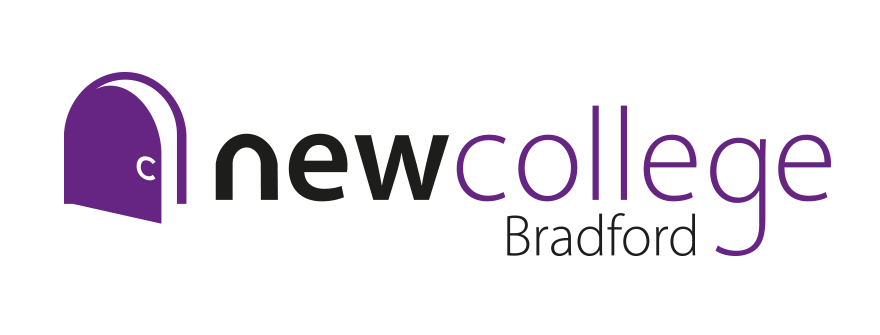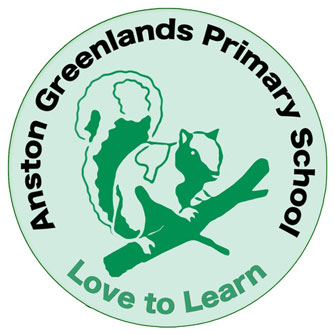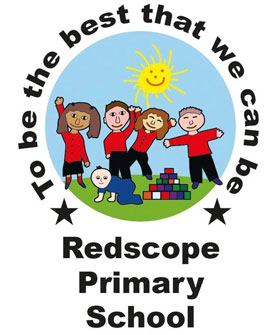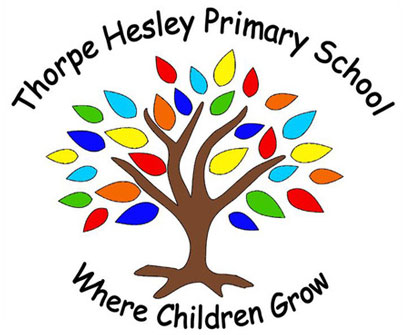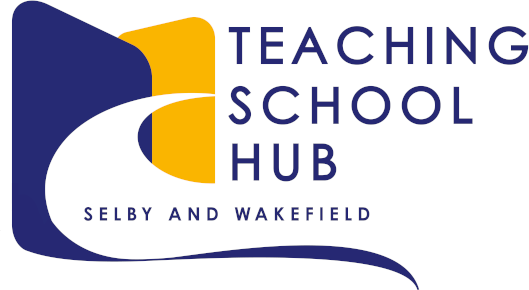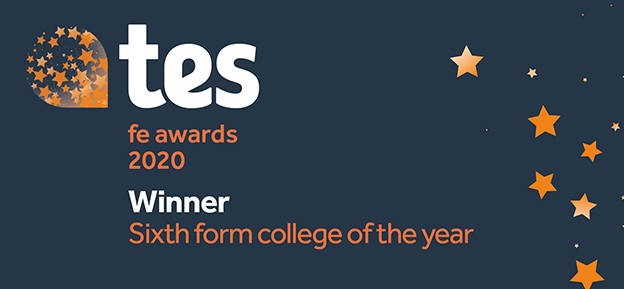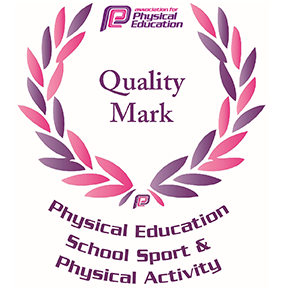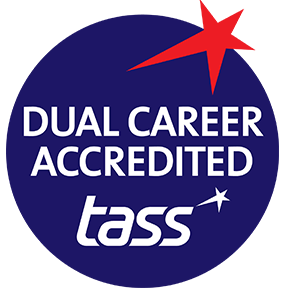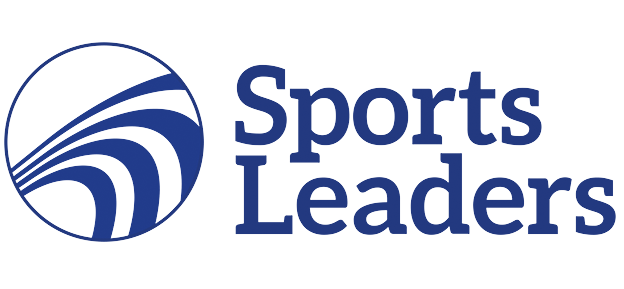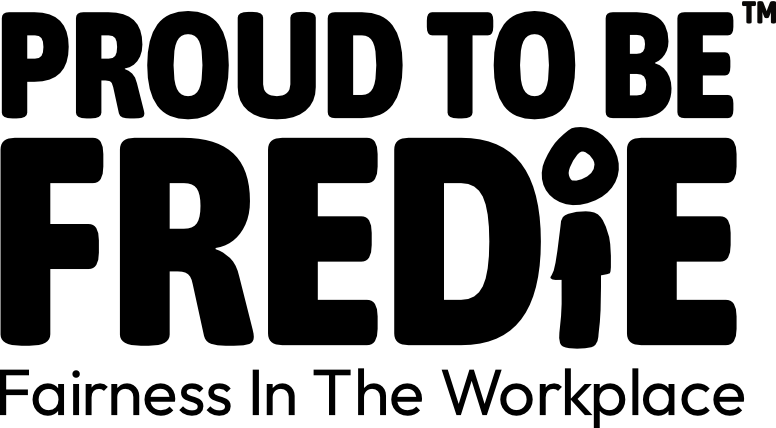- Fundamentals of science: You will study topics ranging from cells, atomic structure and bonding to forces and circuits.
- Science in society: you will examine how science is communicated to a variety of different audiences.
- Investigating science: you will develop your scientific skills including planning, recording and interpreting data and analysing and evaluating your own scientific findings.
- Applied Science: two units in which you further develop your theory and practical skills.
What are lessons like in this subject?
What will I study?
What our
students
I really enjoy the very practical BTEC Applied Science course. I think coursework is a great alternative for people who work better doing it than exams.
Emily Louise Taylor, Ossett Academy
Applied Science
Please note: Subject videos have been filmed from colleges across our Trust.

